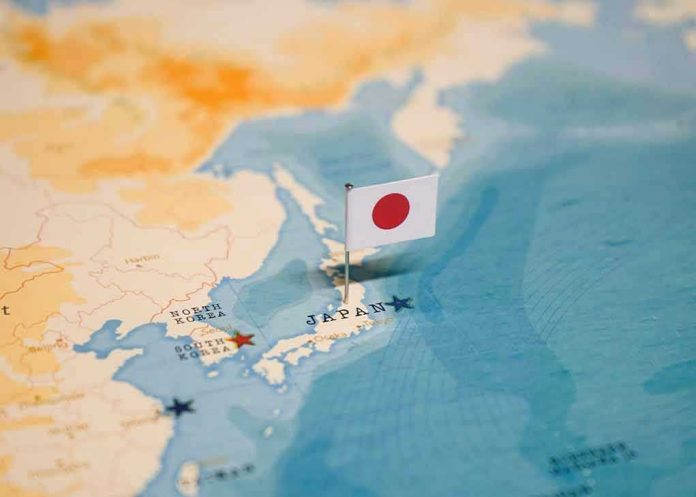
In a shocking turn of events, Japanese Prime Minister Shigeru Ishiba has refused to step down despite his party’s crushing defeat in the Upper House elections, leaving the nation and political analysts in disbelief.
At a Glance
- Prime Minister Shigeru Ishiba refuses to resign after a major electoral loss.
- The Liberal Democratic Party (LDP) and Komeito coalition lost their Upper House majority.
- Opposition parties, including Sanseito, gained significant ground.
- Japan faces potential political gridlock and leadership challenges.
Prime Minister Ishiba’s Defiance
Shigeru Ishiba, leader of the Liberal Democratic Party, announced his decision to remain in office following a devastating loss in the Upper House elections held on July 20, 2025. This decision has perplexed many, as it bucks the traditional trend of Japanese prime ministers resigning after such setbacks. Historically, electoral defeats of this magnitude have led to leadership changes, but Ishiba seems determined to hold his ground, citing the need for stability amidst economic and geopolitical challenges.
The loss of the majority by the LDP-Komeito coalition signifies a seismic shift in Japan’s political landscape. The coalition’s inability to secure a legislative majority means that passing legislation will now require support from opposition parties, leading to potential gridlocks in governance. The confidence in Ishiba’s leadership is waning within his party, as internal factions debate whether to support him or advocate for new leadership.
Emergence of Opposition Forces
The 2025 Upper House election was a turning point, as it marked the rise of opposition parties. Sanseito, a right-wing populist party, emerged as a significant force by securing 14 seats, making it the fourth-largest opposition group. Alongside Sanseito, the Constitutional Democratic Party of Japan (CDP) and the Democratic Party for the People (DPP) gained traction, further challenging the LDP’s dominance.
This electoral outcome reflects growing public dissatisfaction with the ruling coalition’s handling of economic issues, including inflation and energy prices. The populace appears to be rallying behind new political alternatives, signaling a potential realignment in Japanese politics. As these opposition parties gain influence, they are poised to capitalize on the LDP’s weakened state, pushing for policy changes and concessions.
Leadership Crisis and Potential Consequences
The LDP is now grappling with a leadership crisis as Prime Minister Ishiba’s refusal to resign has intensified internal party divisions. Some factions within the party call for continuity under Ishiba, while others argue for fresh leadership to restore public trust and party stability. The possibility of leadership challenges looms, and coalition negotiations with opposition parties are anticipated in the coming weeks.
The consequences of this political turmoil are far-reaching. Japan may face legislative deadlock, delaying crucial economic relief measures and policy reforms. The uncertainty over government policy direction could impact the business sector and international partners, especially concerning U.S. tariffs and regional security. The erosion of the LDP’s dominance might embolden opposition movements, potentially leading to further government reshuffles or even snap elections.
Sources:
Wikipedia: 2025 Japanese House of Councillors election
CSIS: Japan’s Upper House Election Analysis




